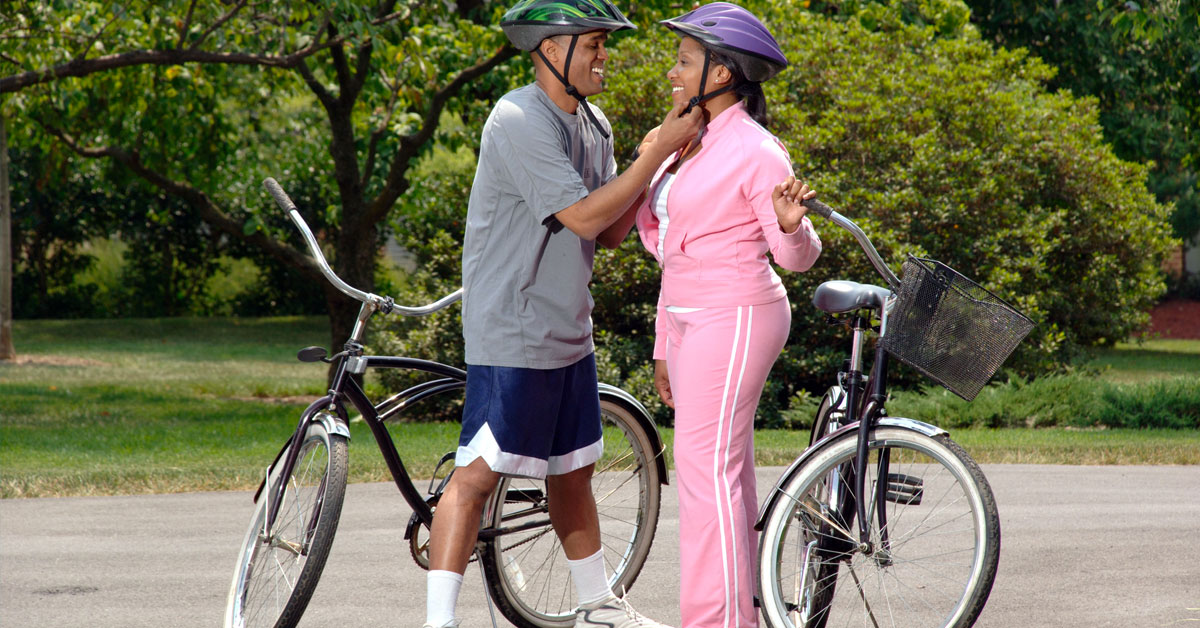
Bicycling is widely used by people to be physically active, explore interesting areas, and commute to work. Now, a new School of Public Health study offers more reason for people to ride by showing those who bicycle more often have lower risk of developing chronic diseases like heart disease and diabetes.
“This is the first study in the Minneapolis/St. Paul area looking at how bicycling relates to specific diseases,” says lead author and PhD student Aaron Berger. “Minneapolis/St. Paul has been hailed as one of the top biking communities in the country, and biking here is backed by major public investments. This study allows us to show policymakers how those investments are being paid back to the state through healthier residents.”
The study, which is co-authored by Professor Mark Pereira, was published in the American Journal of Health Promotion.
The results showed people who took just three bicycle trips per week had 20 percent fewer risk factors for heart disease and diabetes. They also found that those who bike more frequently are achieving better health than those who ride less frequently.
“Our results suggest that bicyclists don’t just appear to be healthier because they’re more physically active in general than non-bicyclists,” says Berger. “Because we adjust for the other kinds of physical activity people do, our findings mean that at any given level of physical activity, people who bicycle more often have fewer risk factors for cardiovascular disease and diabetes.”
“Our study findings may have broad public health implications,” says Pereira. “Most people do not live within walking distance to work or shopping centers, and therefore, bicycling may play a unique role in an active lifestyle.”
Health care professionals often advocate for a more active lifestyle for their patients, and Berger suggests that biking could be a great method to recommend.
“Once you own a bike, active transportation is very inexpensive, as well as a highly efficient way to combine healthful physical activity with time already spent commuting,” says Berger. “For people who don’t live too far from work, biking instead of driving could save time, especially given traffic or parking.”

